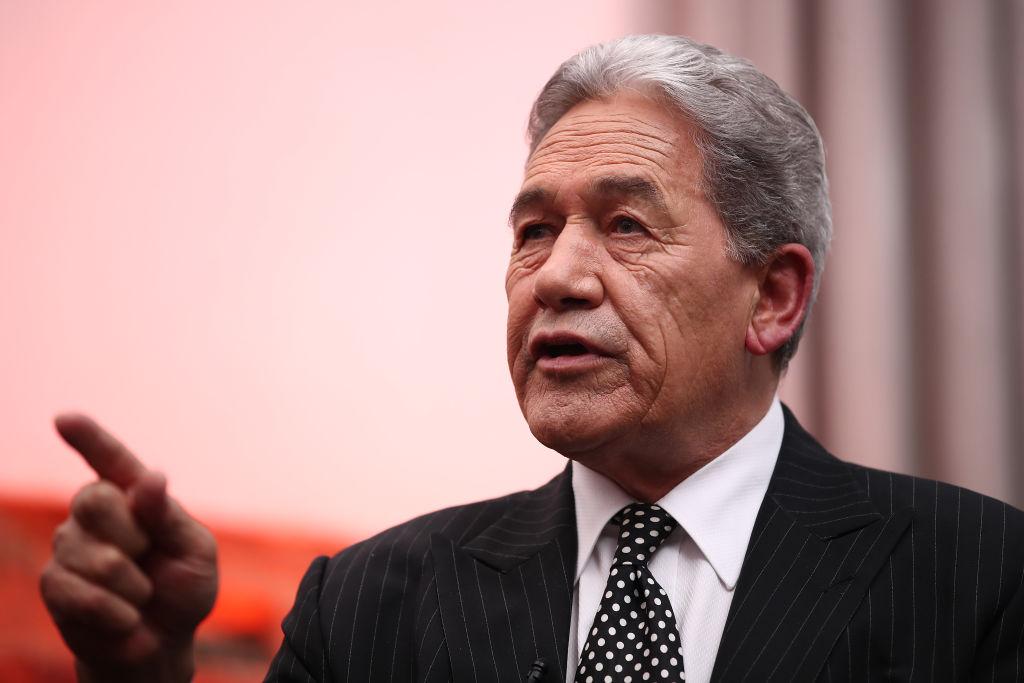The leader of the New Zealand First Party Winston Peters has stood by his statement that Māori are not Indigenous despite media backlash and condemnation by leaders from across the political spectrum.
Mr. Peters made the statement during a public meeting on Sept. 10 discussing the party’s election policy to pull New Zealand out of the United Nations Declaration on the Rights of Indigenous Peoples (UNDRIP).





